Dom Guéranger offers the following instruction on Septuagesima.
SATURDAY BEFORE SEPTUAGESIMA SUNDAY
The calendar of the liturgical year will soon bring us to the commemoration of the Passion and Resurrection of our Redeemer; we are but nine weeks from these great solemnities. It is time for the Christian to be preparing his soul for a fresh visit from his Saviour; a visit even more sacred and more important than that He so mercifully paid us at His Birth.
Our holy mother the Church knows how necessary it is for her to rouse our hearts from their lethargy, and give them an active tendency towards the things of God…She takes the song of heaven away from us: she forbids our further uttering that Alleluia, which is so dear to us, as giving us a fellowship with the choirs of angels, who are for ever repeating it.
How is it that we poor mortals, sinners, and exiles on earth, have dared to become so familiar with this hymn of a better land?
It is true, our Emmanuel, who established peace between God and men, brought it us from heaven on the glad night of His Birth; and we have had the courage to repeat it after the angels, and shall chant it with renewed enthusiasm when we reach our Easter.
But to sing the Alleluia worthily, we must have our hearts set on the country whence it came. It is not a mere word, nor a profane unmeaning melody; it is the song that recalls the land we are banished from, it is the sweet sigh of the soul longing to be at home.
The word Alleluia signifies praise God: but it says much more than this, and says it as no other word or words could. The Church is not going to interrupt her giving praise to God during these nine weeks. She will replace this heaven-lent word by a formula also expressive of praise:
Laus tibi, Domine, Rex æternæ gloriæ!
Praise be to Thee, O Lord, King of eternal glory!
But this is the language of earth; whereas Alleluia was sent us from heaven. ‘…the word Alleluia has not been translated; it has been left in its original Hebrew, as a stranger to tell us that there is a joy in his native land, which could not dwell in ours: he has come among us to signify, rather than to express that joy.’
During this season of Septuagesima, we have to gain a clear knowledge of the miseries of our banishment, under pain of being left for ever in this tyrant Babylon. It was, therefore, necessary that we should be put on our guard against the allurements of our place of exile. It is with this view that the Church, taking pity on our blindness and our dangers, gives us this solemn warning.
By taking from us our Alleluia, she virtually tells us that our lips must first be cleansed, before they again be permitted to utter this word of angels and saints; and that our hearts, defiled as they are by sin and attachment to earthly things, must be purified by repentance.
She is going to put before our eyes the sad spectacle of the fall of our first parents, that dire event whence came all our woes, and our need of Redemption. This tender mother weeps over us, and would have us weep with her.
Let us, then, comply with the law she thus imposes upon us. If spiritual joy is thus taken away from us, what are we to think of the frivolous amusements of the world?
And if vanities and follies are insults to the spirit of Septuagesima, would not sin be an intolerable outrage on that same spirit? We have been too long the slaves of this tyrant.
Our Saviour is soon to appear, bearing His cross; and His sacrifice is to restore fallen man to all his rights. Surely, we can never allow that precious Blood to fall uselessly on our souls, as the morning dew that rains on the parched sands of a desert!
Let us with humble hearts confess that we are sinners, and, like the publican of the Gospel, who dared not so much as to raise up his eyes, let us acknowledge that it is only right that we should be forbidden, at least for a few weeks, those divine songs of joy, with which our guilty lips had become too familiar; and that we should interrupt those sentiments of presumptuous confidence which prevented our hearts from having the holy fear of God.
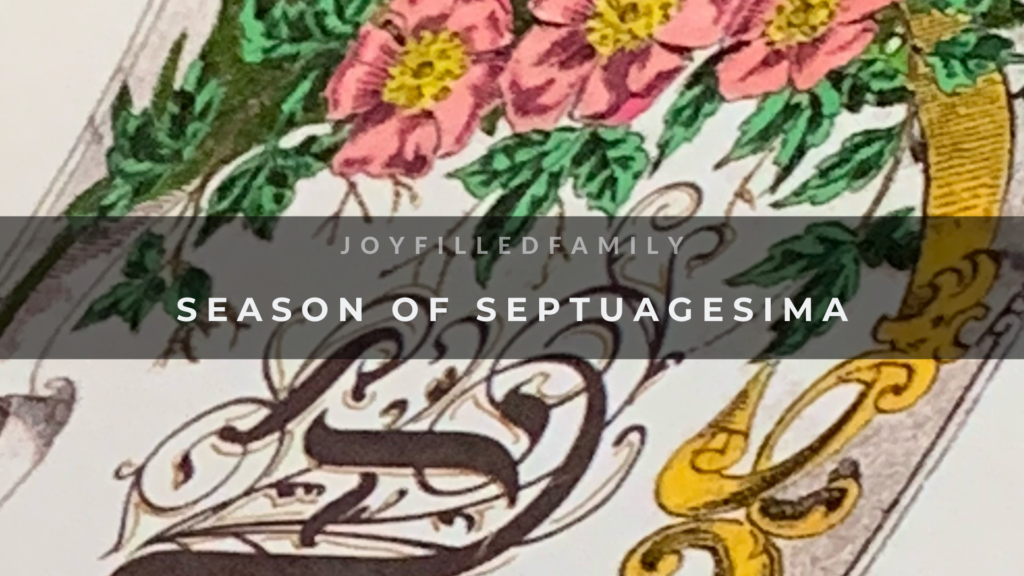
That indifference for the liturgy of the Church, which is the strongest indication of a weak faith, and which now reigns so universally in the world, is the reason why so many, even practical Catholics, can witness this yearly suspension of the Alleluia, without profiting by the lesson it conveys. A passing remark, or a chance thought, is the most they give to it, for they care for no other devotions but such as are private; the spirit of the Church, in her various seasons, is quite beneath their notice. If these lines should meet their eye, we would beg of them to reflect for a moment that the Church is their mother; that her authority is the highest on earth; that her wisdom enables her to know what is best for her children. Why, then, keep aloof from her spirit, as though there were some other to be found, that could better lead them to their God? Why be indifferent in this present instance? Why deem of no interest to piety this suspension of the Alleluia, which she, the Church, considers as one of the principal and most solemn incidents in her liturgical year? Perhaps we shall be doing them a service, by showing them how keenly this interruption of the word of heavenly joy was felt by the Christians of those ages, when faith was the grand ruling principle, not only with society at large, but with each individual.
The farewell to Alleluia, in the Middle Ages, varied in the different Churches. Here, it was an affectionate enthusiasm, speaking the beauty of the celestial word; there, it was a heart-felt regret at the departure of the much-loved companion of all their prayers.
SEPTUAGESIMA SUNDAY
The holy Church calls us together to-day in order that we may hear from her lips the sad history of the fall of our first parents. This awful event implies the Passion and cruel Death of the Son of God made Man, who has mercifully taken upon Himself to expiate this and every subsequent sin committed by Adam and us his children. It is of the utmost importance that we should understand the greatness of the remedy; we must, therefore, consider the grievousness of the wound inflicted. For this purpose, we will spend the present week in meditating on the nature and consequences of the sin of our first parents.
Formerly, the Church used to read in her Matins of to-day that passage of the Book of Genesis, where Moses relates to all future generations, but in words of most impressive and sublime simplicity, how the first sin was brought into the world. In the present form of the liturgy, the reading of this history of the fall is deferred till Wednesday, and the preceding days give us the account of the six days of creation. We will anticipate the great instruction, and begin it at once, inasmuch as it forms the basis of the whole week’s teaching.
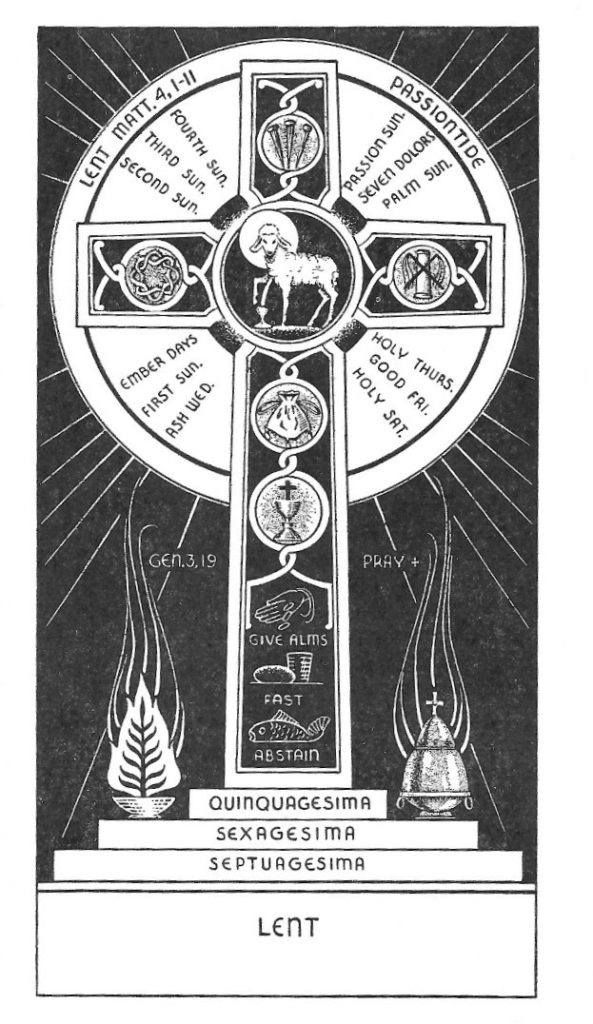
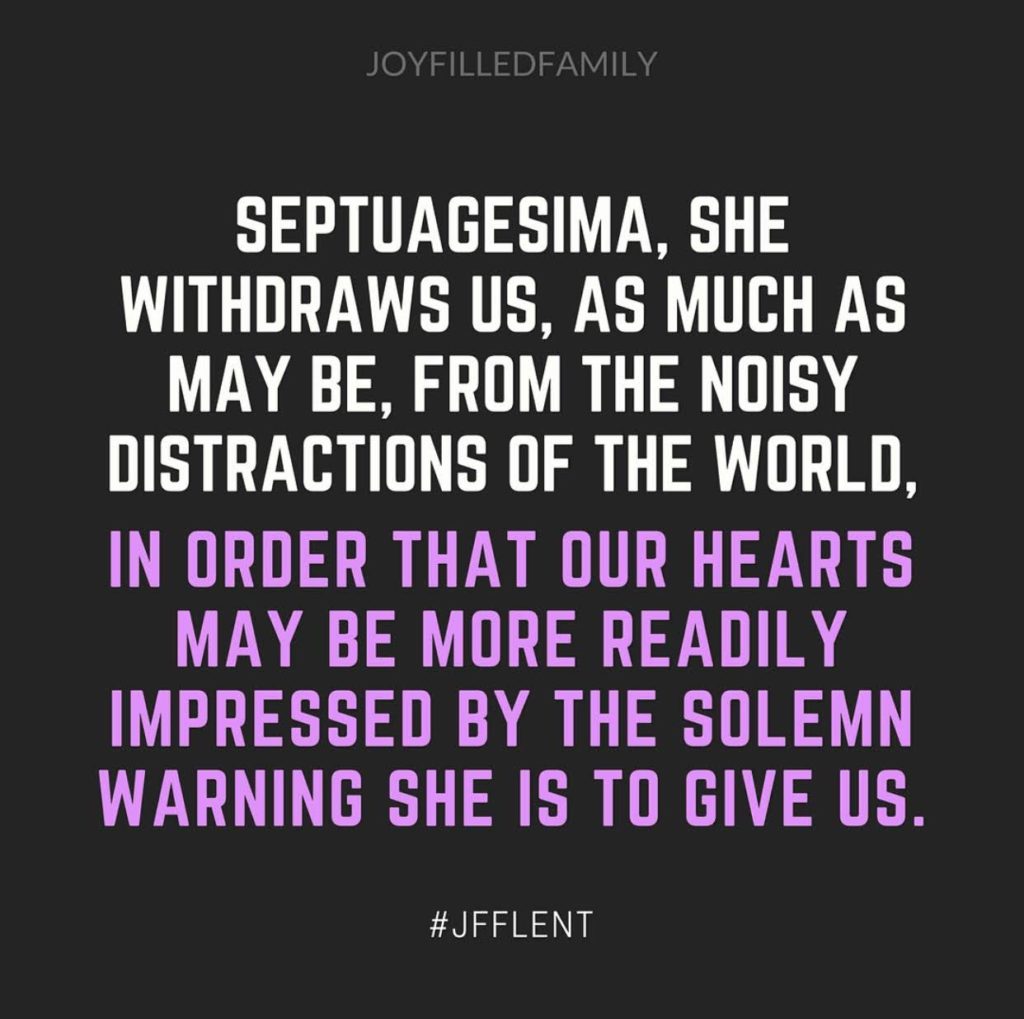
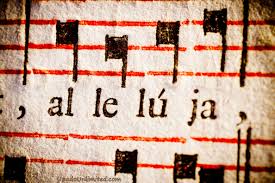
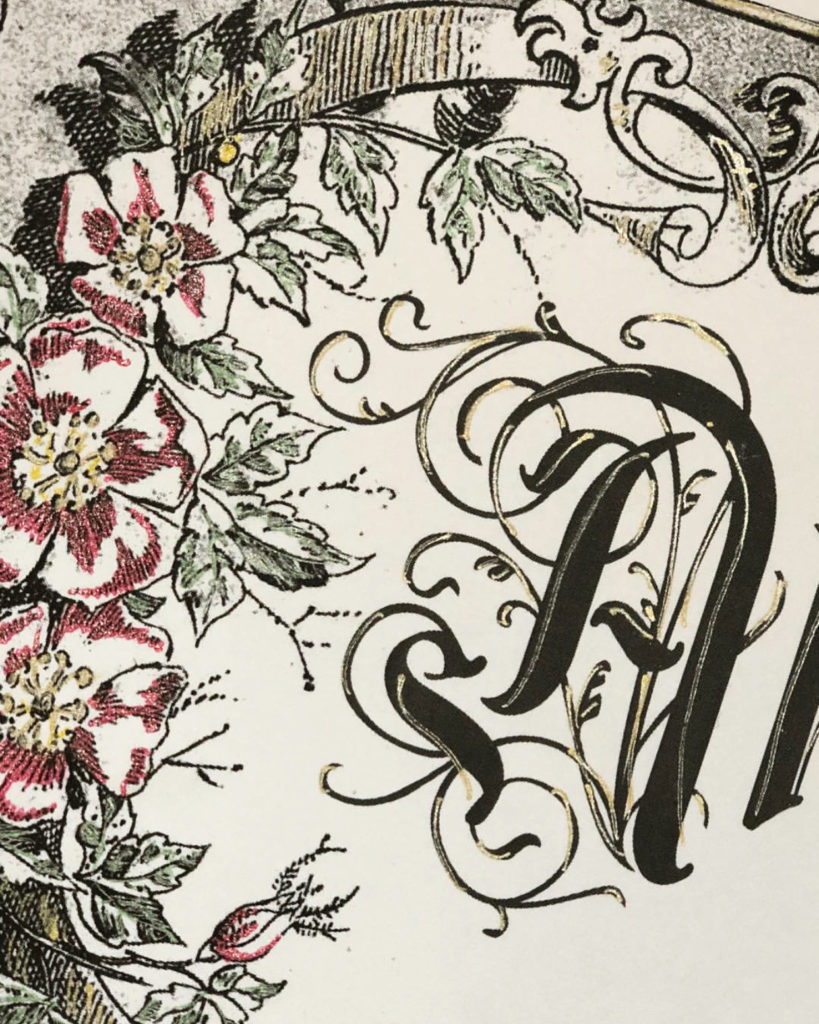
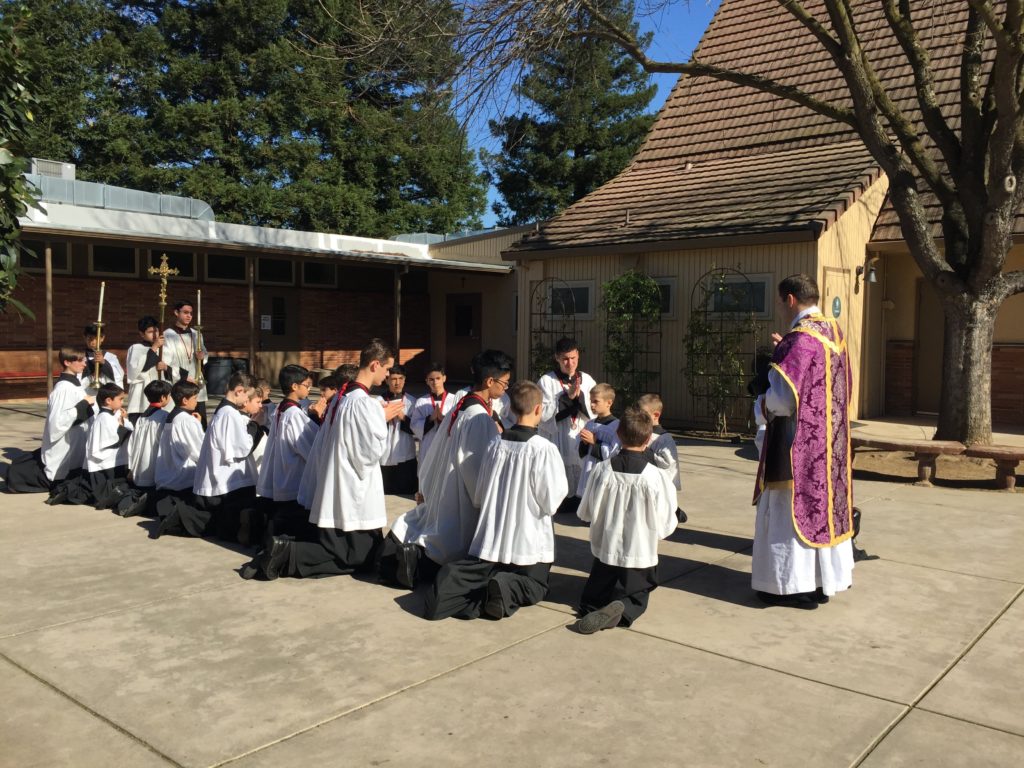
Leave a Reply